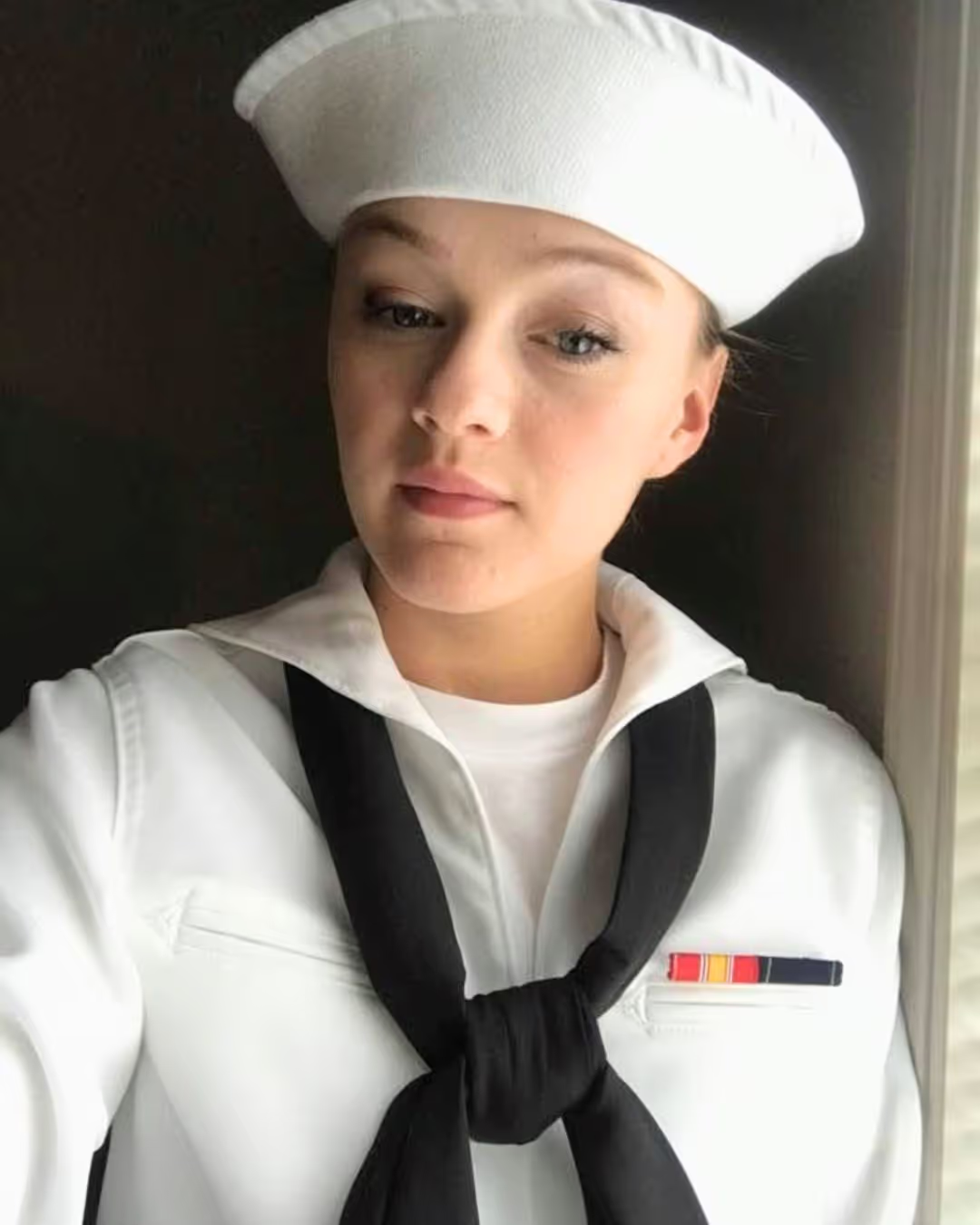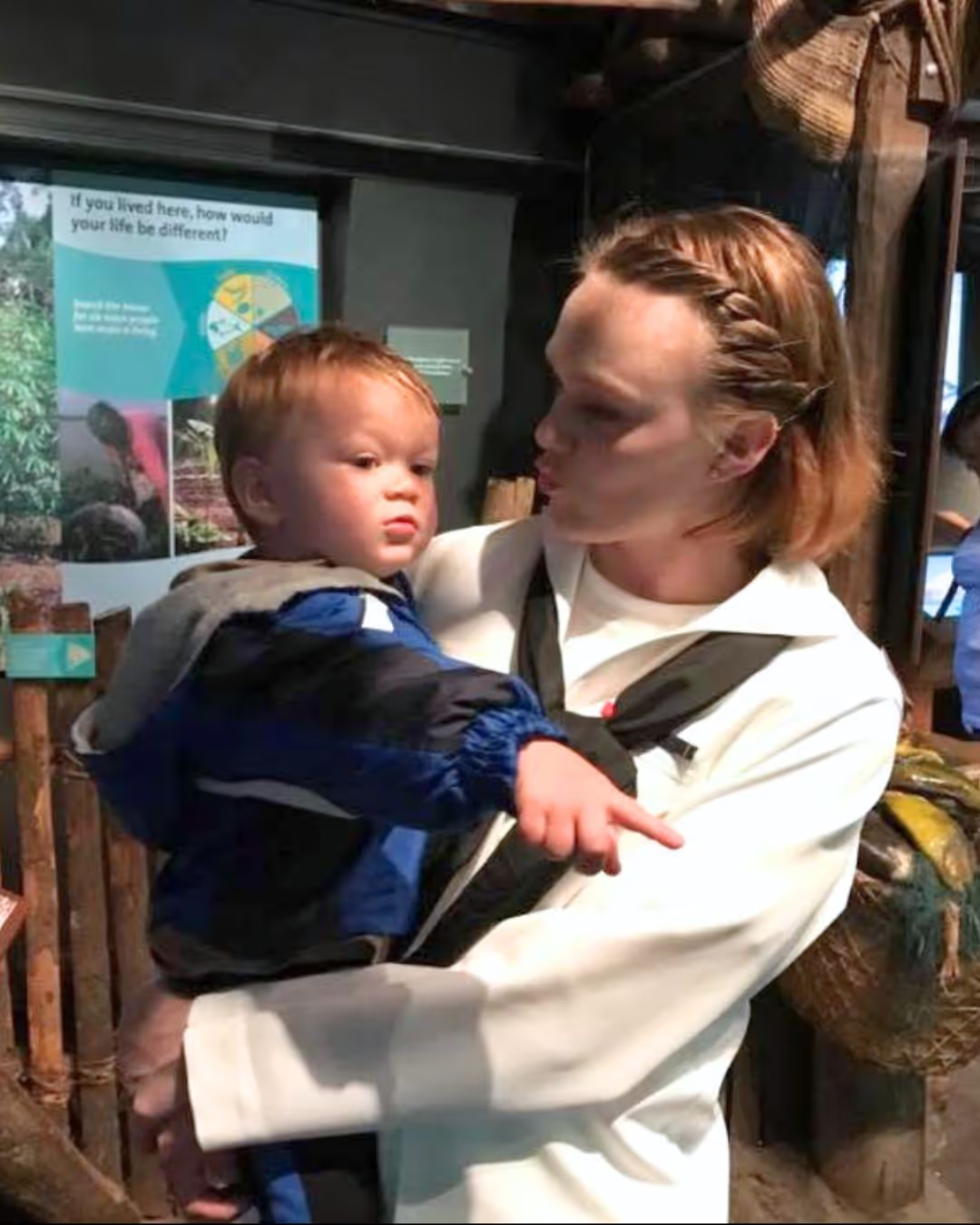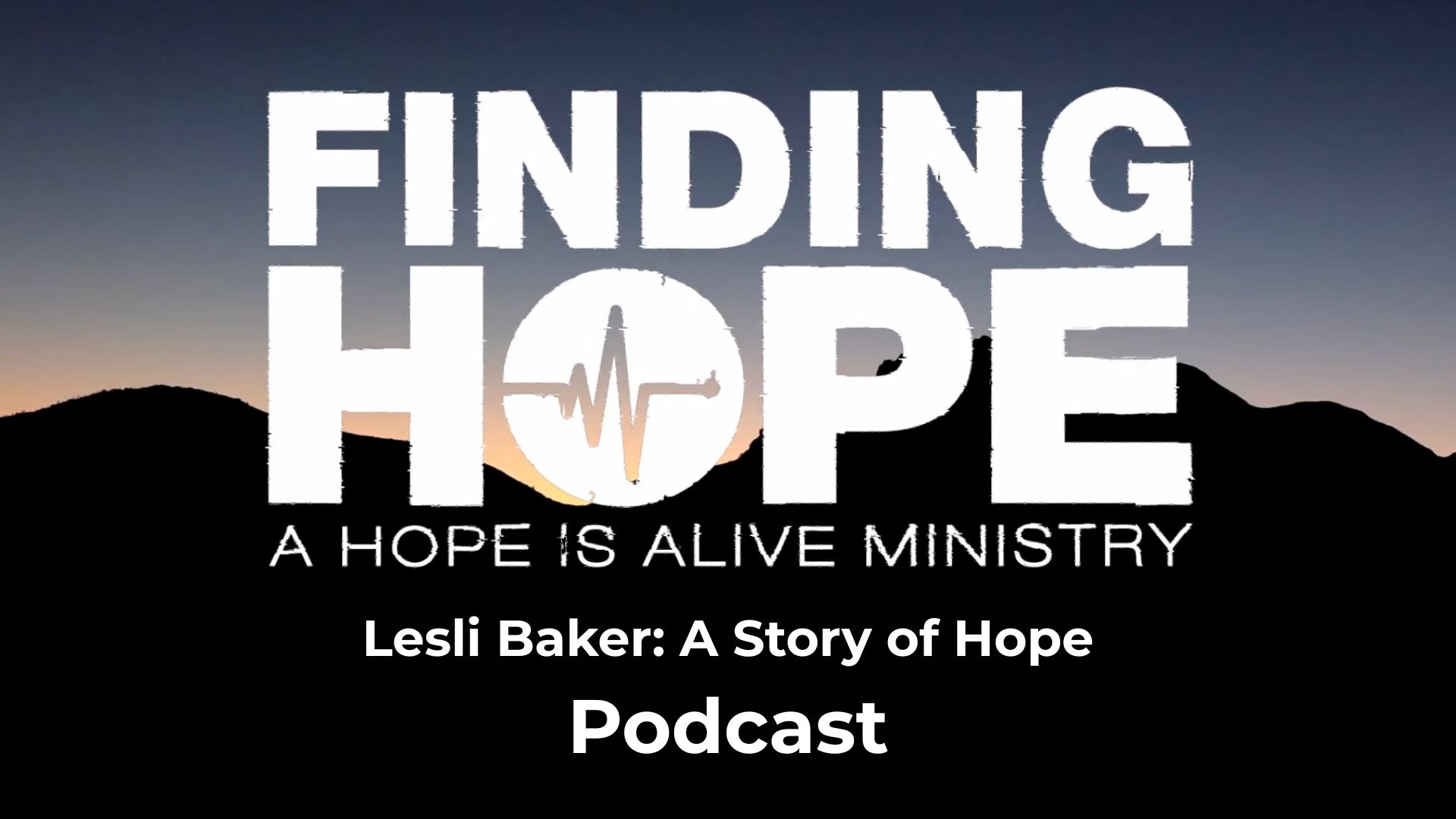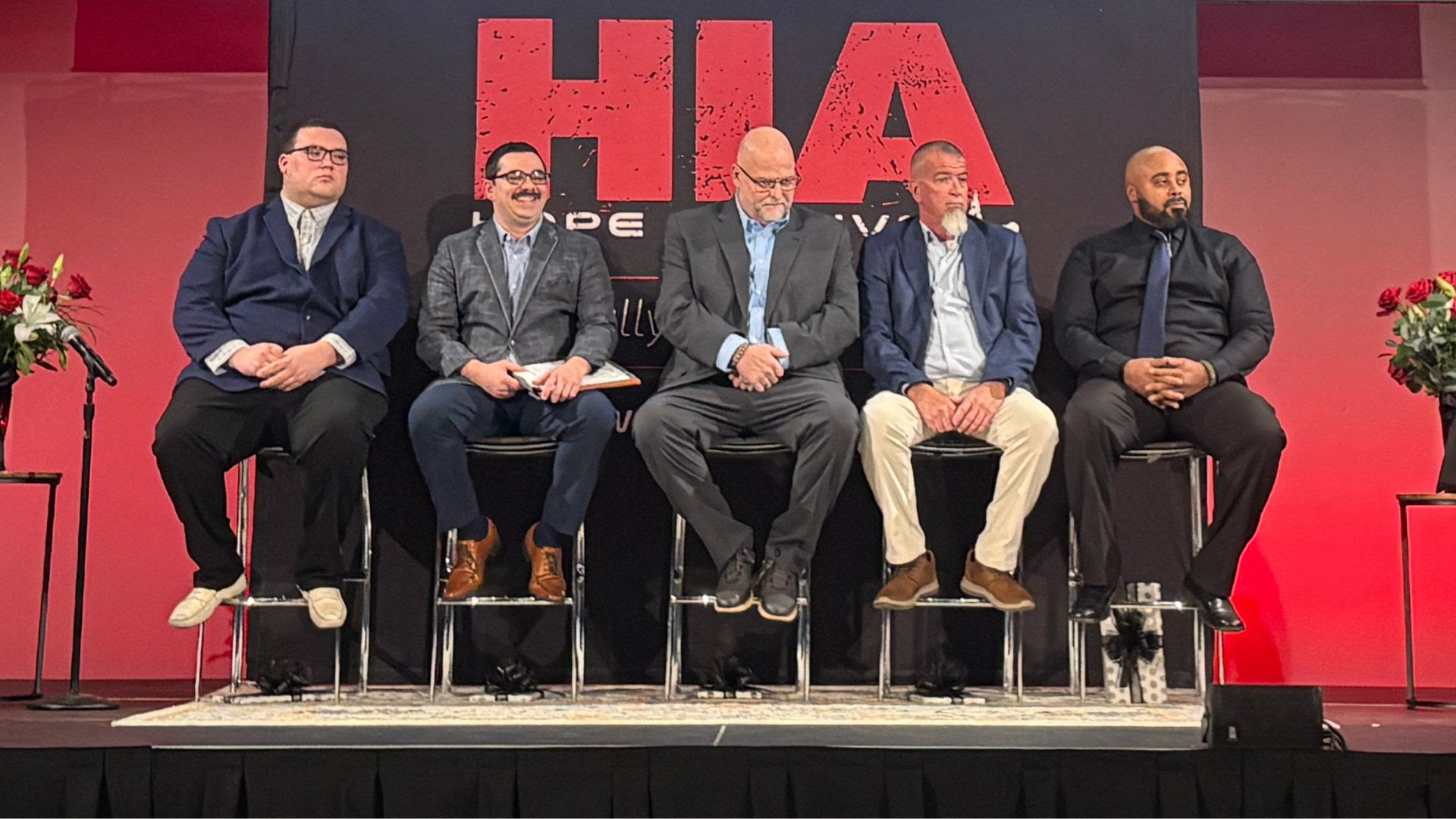
Sacrifice After Sacrifice: The Story of Jade Jolly

Sacrifice After Sacrifice: The Story of Jade Jolly
At just 16 years old, Jade Jolly was four months pregnant and newly married. She and her young husband were determined to make life work, even though they were still kids themselves. But no matter how hard they tried, it wasn’t enough. They couldn’t pay their bills, buy groceries, or offer their little boy the life he deserved. Every day was a struggle just to stay afloat.

When her husband decided to join the military, it felt like the answer they’d been praying for. The military promised steady pay, health insurance, housing, and stability — everything their small family was missing.
But that door closed when a medical condition prevented him from enlisting. Jade, desperate to provide for her family, decided to open that door herself. “I was healthy, athletic, and determined,” she said. “If that’s what it took to give my family a chance, I was willing to do it.”
She enlisted in the United States Navy as a Corpsman, and for the first time, life seemed to be heading somewhere steady. But just two months into her first duty station in Jacksonville, North Carolina, everything unraveled. Her husband told her he didn’t want the life they’d built and left, taking everything, including their son, with him.
“In that moment, the weight of all my sacrifices hit me,” Jade remembered. “The very thing I joined the military to protect was suddenly gone.”
Destined for a Life of Struggle
Jade Jolly grew up in a home marked by addiction and instability. Her father was addicted to alcohol and drugs, and while her mother wasn’t what Jade would call an alcoholic, she did have addictive tendencies.
At the impressionable age of seven, Jade’s parents divorced. For many kids, this would be devastating. But for Jade, it wasn’t a shock. Her parents hadn’t shared a bed for as long as she could remember, and she’d only seen them kiss once in her life.
After the divorce, Jade lived with her mother, her sister, and her uncle. Her father faded in and out of her life for years.
“He’d show up for a little while and then disappear again,” Jade explained. “But even when he was around, he wasn’t really present.”
By the time Jade was a teenager, she could no longer deny the impact of her father’s absence as she started looking for attention and validation in all the wrong places.
“I wanted to feel loved,” she said. “I think I was chasing the kind of love I didn’t get from my dad.”

During her freshman year of high school, she started dating a junior. “He was very controlling, very pushy — like teenage boys can be sometimes. I didn’t think anything about it at first,” she said. “Then one day, he took advantage of me behind the pole vault pit at school. That’s what I refer to as my black hole moment. That’s when everything changed. That’s when my view of the world was challenged.”
Not long after, Jade’s best friend started dating the same boy, knowing what he had done. In a matter of weeks, Jade not only lost her virtue and trust in others but also her closest friendship. As a result, the bright, popular, athletic girl she once was disappeared.
In her place emerged someone she barely recognized. Jade cut her hair short, dyed it black, and immersed herself in the metal scene. She started smoking weed and, by 16, tried alcohol for the first time. That first night drinking ended in a blackout, as would every other night.
“I wasn’t an everyday drinker,” Jade shared. “I wasn’t your cookie-cutter alcoholic. But I always possessed alcoholic traits and tendencies.”
Those same traits and tendencies fueled Jade’s need for attention, validation, and stability. So when she met a boy who had it all together at 16, it was like he offered her the world.
The Future of a Teenage Mother and Bride
Growing up in a deeply religious home, Jade was taught that a family should look a certain way — marriage, children, and faith all in order. So when she found out she was pregnant, that belief paved the way for her future.
“Having a child out of wedlock wasn’t an option in my family,” she said. “My parents made it clear that getting married was what I was supposed to do.”
So, at 16 years old and four months pregnant, Jade got married.
“At the time, it didn’t feel strange,” she explained. “I wanted to get out of the house, and what 16-year-old girl doesn’t want her happily ever after?”
Her new husband had a car and was 18, employed, and, in Jade’s eyes, stable. To her, marrying him felt like stepping into adulthood.
But the reality of adulthood came fast.
At 17, Jade gave birth to her oldest son and assumed the role of a struggling teenage mother. She had already graduated a year and a half early because she knew she didn’t have the luxury of time.
“I had to grow up fast,” she said. “I was becoming a mom, and I had to take care of a kid.”
Her days quickly became a blur of work, school, and survival. She attended a self-paced high school that allowed her to keep working while finishing her diploma.
“I’d wake up at six, be at work at TJ Maxx by seven, get off at 11, go to school from 11:50 to about three, and then head straight to my second job at Kmart from five to 11 at night,” Jade said. “I was exhausted all the time.”
But even with her two part-time jobs and her husband’s full-time paycheck, there was still never enough to cover rent, bills, and groceries.
A New Plan for the Future
With bills piling up and no relief in sight, Jade and her husband were running out of options. Every paycheck seemed to disappear before it even hit their account, and the pressure of trying to provide for their young family was becoming unbearable.
When her husband decided to enlist in the military, it felt like the lifeline they’d been praying for. The promise of steady pay, housing, and health insurance sounded like the solution to all their problems.
But that dream was short-lived. During the enlistment process, her husband was diagnosed with polycystic kidney disease, a condition that caused multiple cysts to grow inside his kidneys. The diagnosis disqualified him from military service.
“The military was our plan to get out,” Jade said. “So when he couldn’t go, I thought — well, I can. I was healthy and had always been athletic.”

Shortly after that conversation with her husband, Jade went to the recruiting station, completed MEPS, and was quickly accepted into the Navy as a Hospital Corpsman — a medic responsible for providing medical support to sailors and Marines. The position was demanding and highly respected, and it gave Jade a sense of purpose she hadn’t felt before.
In boot camp, Jade spent weeks training, making sure she could keep up with every physical demand her role would bring. She excelled and quickly rose to the role of Athletic Petty Officer, responsible for leading her division through physical training. When she graduated from boot camp and moved on to Corps school, Jade excelled once again.
When Corps school ended, Jade eagerly awaited her first set of orders. Her original assignment was supposed to take her to Guam.
“I was so excited,” Jade remembered. “I’d been told it was a family-friendly duty station, so I could bring my husband and our son with me. Then at the last minute, they told me the policy had changed, and that I wouldn’t be able to bring my family after all.”
Jade tried not to lose hope, and the Navy soon reassigned her.
“When I got my final orders, they said Jacksonville, North Carolina,” Jade recalled. “I remember looking at that piece of paper and thinking, What the heck?”
Still, she packed up everything and made the move across the country with her husband and son.

About two months into her first duty station, everything began to unravel. Her husband told her he didn’t like North Carolina, didn’t like the military life, and didn’t like her. He claimed he just wanted to go home.
“I remember thinking I did all of this for you. I joined the military so that we could get to a point where our family was taken care of and comfortable. But that didn’t matter to him.”
He had tried to leave before, even before Jade joined the military. It had never stuck. But this time, Jade was too tired to fight and let him go.
“He took everything when he left. He took the car, the dogs, my kid. He even took the TV. He took everything until it was just me all alone in a big, empty three-bedroom house.”
That’s when Jade started drinking.
Falling into Addiction
A few weeks after her husband left, Jade met Flynn — a fellow sailor who would become her best friend and, in many ways, her anchor through the chaos to come.
“She walked with me through everything,” Jade explained. “She got resentful sometimes — a lot of times — but she was the best friend I had, even if we spent most of our time together at parties. But that’s just what you did when you were in the military. It was part of the culture.”
Together, they slipped easily into the rhythm of military life. They worked long days, then partied away their nights with loud music and heavy drinking. Before long, Jade found herself slipping back into the same mindset she’d had in her early teen years, chasing attention and validation wherever she could find it.
“I was going through men like they were nothing. I either had a new boyfriend every week or several dates a week. Then I met Alex, and everything changed again.”
Alex had been released from prison six months prior to meeting Jade. He told her right away that he was a recovering meth addict, but that he’d been clean for two years and was doing well. Jade believed him, and within a month of meeting, they were in a serious relationship and living together.
Around the same time, Jade received orders to attend Field Medical Training Battalion (FMTB) — an advanced program where Navy Corpsmen train alongside Marines to learn the lifesaving combat and field medicine skills required for deployment.
Before reporting for training, Jade was granted a short break. She had two weeks of leave to rest and prepare for what was coming.
“I figured it would be out of my system before training started,” she said. “So I decided to smoke some weed.”
It had been years since Jade had used any kind of drug. Because of the Navy’s random drug testing, she had stayed completely clean since enlisting. But with a little time off and no immediate risk of being tested, she convinced herself it was harmless.
She smoked with Alex, thinking it would just be a one-time thing. Within days, one thing led to another, and weed turned into ecstasy, which turned into meth.
“I started out on the needle,” Jade said. “And honestly, it was probably the most fun I’d ever had. That weekend, trapped in a bedroom with him, I thought I was having the time of my life.”
It only got worse when Jade found out she wasn't going to get drug tested at FMTB. What started as weekend use became a daily routine.
By the time she reported for training, Jade was already deep in addiction. She was using meth every day while trying to meet the grueling physical demands of the program — eight-mile rucks, field exercises, combat drills, and long hours in the North Carolina heat.
Her behavior became erratic, and people started to notice. Jade could tell eyes were on her, so she began going to the medical wing with excuses. “I told them I had insomnia and was hallucinating,” she recalled. “They didn’t think it was drugs at first. They just thought I had mental issues.”
Then her body started to give out. During a two-mile hike, Jade collapsed and was pulled from training. She was reassigned to a separation platoon, a holding unit for recruits who were struggling or being evaluated for discharge. The move only made things worse.
Jade’s drug usage intensified to the point that she married Alex to be allowed to live off-base instead of in the barracks. That freedom gave her complete access to use however and whenever she wanted.
“I was using every single day,” Jade said. “Out all night, running and gunning, doing whatever I had to do to get more money to get more drugs. I lost so much weight, and I didn’t even look like myself anymore.”
It didn’t take long before Jade’s drastic change in behavior and appearance raised red flags, resulting in a drug test. After the truth about Jade’s drug use came out, everything began to unravel.
Around Christmas, Jade was arrested for the first time — a misdemeanor for shoplifting at Walmart. “I was stealing stuff for our nieces and nephews,” she said. “I got caught and went to jail. I remember calling my Master Chief from the holding cell and asking, ‘What do you want me to do?’”
He told her to stay home when she got out and bring him the paperwork, but it didn’t stop there. Not long after, she went back to jail again, this time spending two weeks behind bars. When she returned, the Navy placed her on restriction — a 60-day disciplinary order that confined her to base — and sent her to a 30-day rehab program.
The restriction meant her world shrank to a handful of buildings. Every day, she had to check in, get her paper signed by the duty officer, and prove she hadn’t left base. By the time her restriction ended, it was too late to undo the damage. The Navy had made its decision, and Jade was left to fend for herself.
After leaving the Navy, Jade spiraled into full-blown addiction. Meth led to fentanyl, and jail became a revolving door — 18 arrests, six felonies, 11 misdemeanors, and countless failures to appear in court.
Jade spent years caught in that cycle — running, hiding, and surviving one high and one arrest at a time. “I was constantly on the run,” she said. “I’d be out of my mind, in full-blown psychosis, running from things that weren’t even there. I’d hide in closets, under beds — anywhere I thought I’d be safe. I was terrified of going back to jail, but I couldn’t stop using, and that’s what kept happening.”
Then Alex was arrested with a $60,000 bond that Jade couldn’t pay. “There was no way I was getting him out,” she said. “And honestly, I was tired. Tired of running, tired of losing everything.”
Out of desperation, Jade called an old boyfriend who graciously agreed to help her get back on her feet. “He let me stay with him for a couple of months,” she said. “I got clean, started going to meetings, got a sponsor, and did all the things you’re supposed to do.”
But while Jade had stopped using drugs, she never stopped drinking. “I was still blacking out all the time,” she admitted. “I’d wake up in places I didn’t know, with people I didn’t know. My sponsor kept telling me to put the alcohol down, but I wouldn’t. I didn’t see it as part of the problem.”

When Jade finally saved enough money to bail Alex out, she relapsed the day he got out of jail. For six more months, the chaos continued. Then Alex was sent back to prison, and this time, something inside Jade broke. She called her best friend in Texas, who had told her many times before, “When you’re ready, I’ll come get you.”
“One day I finally called and said, ‘Come get me,’” Jade said. “And she said, ‘I’m on my way.’”
When she got back to Texas, Jade detoxed the hard way. “I withdrew on her couch, on the floor, in her car — wherever I was,” she said. “It was terrible, but eventually I came out the other side.”
Finally, Jade decided she needed to do something for herself. She knew she couldn’t keep living off her friends or her parents. It was time to grow up — to take responsibility and start over.
That’s when she heard about Hope is Alive. “I’d already been clean for about a month when I applied,” Jade said. “From the day I sent in my application to the day I moved in, it was only four days.”
A Life of Sobriety
On August 26, 2021, Jade arrived at the Hope is Alive house in Wichita, Kansas. She settled into the program quickly, focusing on healing, growing, and rebuilding her life. Then, about eight months in, the Hope is Alive team gave her the opportunity to interview for a position they thought she would be great at.
At the time, Jade already had a stable job working as a medical assistant at a pain management clinic. “It probably wasn't the best environment for a resident,” she joked, “but nothing bad ever happened. I was doing pretty well and making a decent salary. For where I was in life, that felt huge.”
She didn’t take the interview too seriously at first. “I really just wanted the interview practice,” she admitted. “I didn’t expect anything to come of it. But then they offered me the position, and I was shocked. I prayed about it for a few days, and then I accepted it.”
Shortly after, Jade moved to Oklahoma City to begin working for Hope is Alive. She stayed in Oklahoma City for about ten months before transferring to North Carolina — the same place she had once been stationed in the Navy, the same place where her addiction had begun.
“I have never seen God act so clearly as he did during that time. Every single courtroom I went into, the judge or DA said the same thing: ‘I’m not going to punish you for doing the right thing and getting help before we told you to.’”
Jade had charges in three different counties — six felonies, 11 misdemeanors, and one charge that carried a $226,000 bond. By all odds, she should have gone to prison. But she didn’t.
Throughout her first 18 months in the Hope is Alive program, Jade kept the same God goal: that He would plant kindness, understanding, and mercy in the hearts of the judges and district attorneys deciding her fate. And that’s exactly what He did.
Jade served no jail time for her crimes. Instead, she was sentenced to 18 months of probation.
When everything with her court cases was finally settled, Jade moved back to Oklahoma City. By then, she had more than two years of sobriety under her belt and a deep desire to keep growing. She returned to work with Hope is Alive, became a house manager, and continued to pour into other women walking through recovery.

In October 2024, Jade officially graduated from the Hope is Alive program.

Today, Jade remains connected to both of her children. Her oldest son, Eryk, lives primarily with her first husband’s family, and her youngest, Jax, was adopted by his paternal grandparents after being placed in their care as an infant. Though the decision not to be their primary caretaker was one of the hardest she’s ever made, Jade knows it was the right one.
“I do still have contact with both of my kids,” Jade said. “I make a point to visit Eryk once a month and spend the weekend going out and doing fun stuff. This past summer, he stayed with me for two weeks, just the two of us. It was the first time he’d ever been with me on his own. With Jax, I text his ‘mom’ every week just to check in and ask how he’s doing, how school is going, or to see new pictures.”
When Jax was born and for most of Eryk’s childhood, Jade was in the thick of her addiction. Though she wanted to be the mother they deserved, she simply wasn’t in a place to care for them. Now, she’s focusing on rebuilding those relationships.
“I’m not trying to force anything,” she said. “Both of my boys are safe and loved, and that’s what matters most.”
Hope is Alive
Through her time at Hope is Alive, Jade didn’t just find sobriety — she found herself, her faith, and a divine purpose to lead others toward the same freedom. Now manning HIA's HopeLine, Jade helps countless people find hope.
The HopeLine is a lifeline for individuals in active addiction ready to begin their recovery journey. Callers are connected with someone who truly understands — someone like Jade who’s walked the same path and found lasting sobriety. Our coordinators guide callers to detox, treatment, or one of our recovery homes as appropriate.
“Even though I fell so far, there was a way back up,” Jade said. “God kept His promises to me, and He’ll keep them for you, too.”





